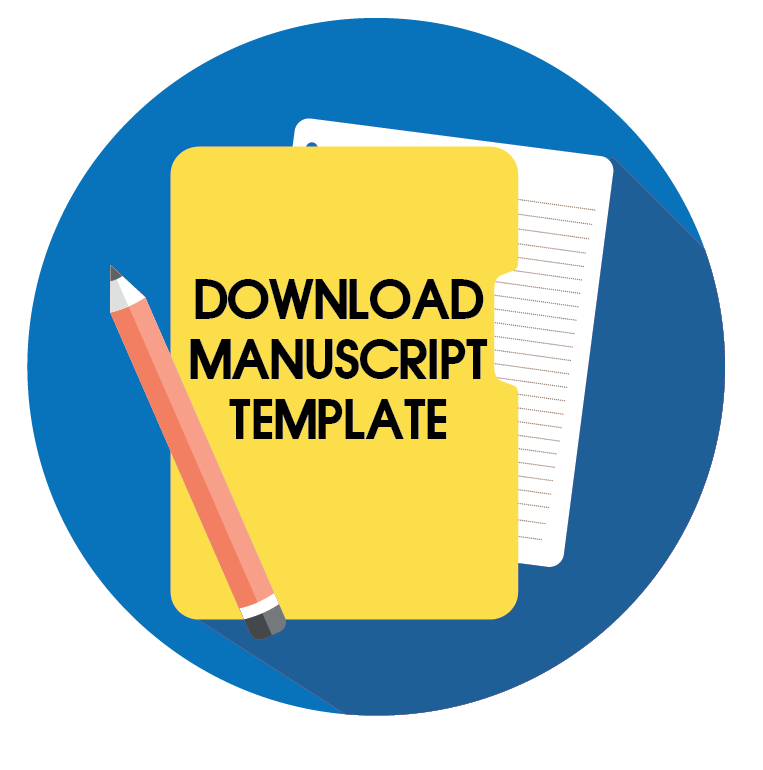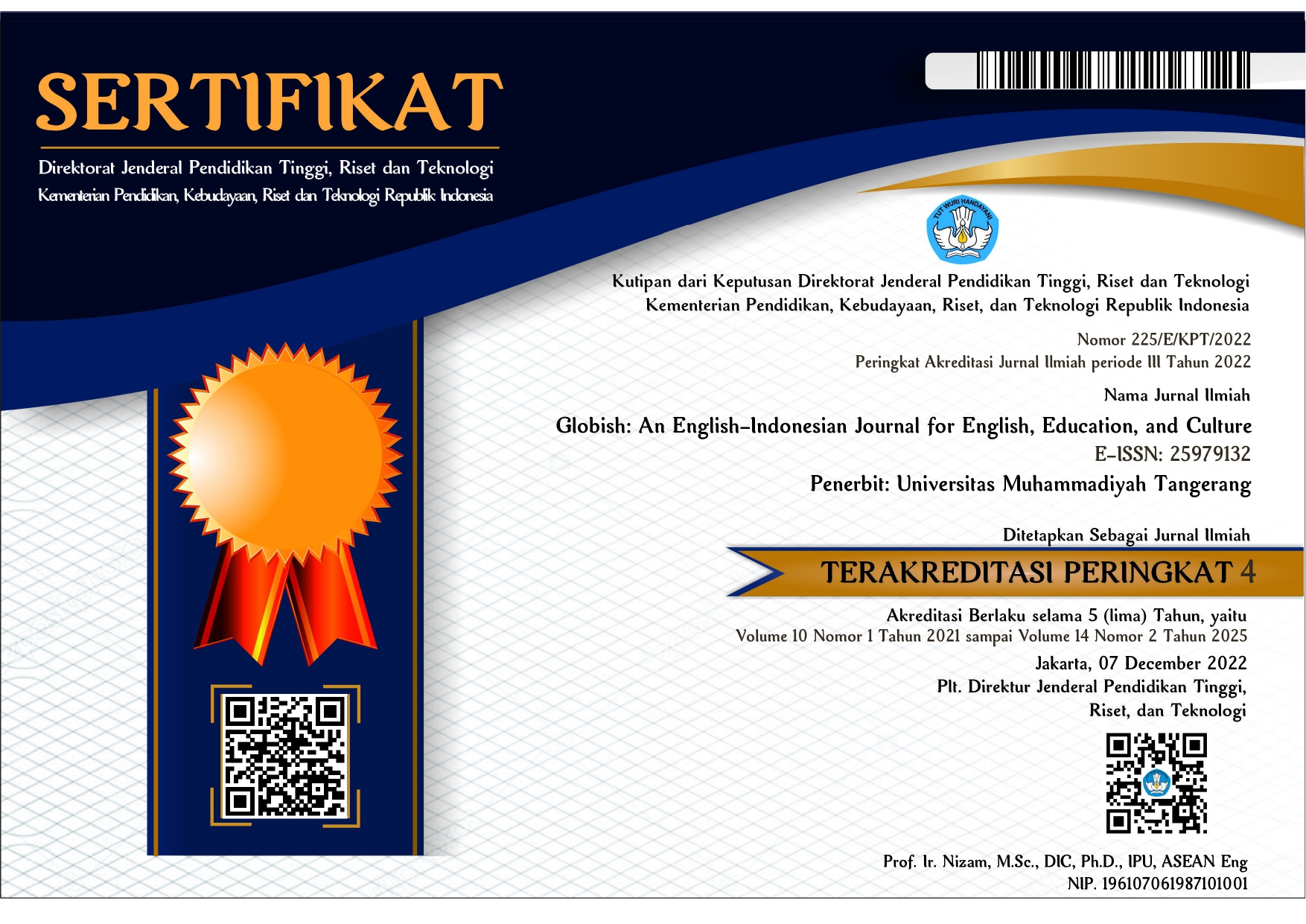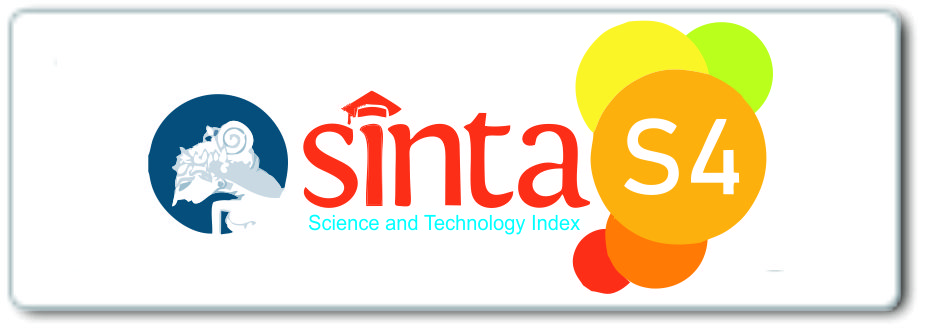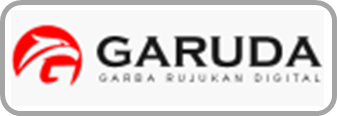The Effectiveness of Using Canva as Assisted Language Learning Media to Improve Undergraduate Students’ Writing Skill
Abstract
Writing skills are something that all teachers should be aware of. A business pamphlet is one of the writing assignments for economics and business students. This study aimed to determine the differences in the learning outcomes of economics and business students by applying the Canva application as an English learning tool to improve their writing skills. The research design used a quasi-experimental design. The research population is economics and business students for the 2022-2023 academic year. The research sample was taken using a saturated sampling technique with the experimental and control groups. The data analysis technique used is the analysis prerequisite test including the normality test and hypothesis testing. The results showed that the post-test average value of the experimental class students' learning outcomes was 81.94, and the control class was 77.34. The hypothesis testing results showed a significant difference between learning outcomes and student activity in the experimental group, which was better than the control group. Based on the results of the study, it was concluded that the application of the Canva application in learning activities to improve the writing skills of economic and business students which was applied to the experimental class had a significantly greater value than students in the control class using PPT software for learning activities and writing skills. In the learning process, lecturers can develop English learning by using learning applications that are more effective and interesting in improving English learning outcomes and students’ writing skills in accordance with learning objectives.
Keywords
Full Text:
PDFReferences
Blumenfeld, P. C., Soloway, E., Marx, R. W., Krajcik, J. S., Guzdial, M., & Palincsar, A. (1991). Motivating Project-Based Learning: Sustaining the Doing, Supporting the Learning. In Educational Psychologist (Vol. 26, Issues 3–4, pp. 369–398). https://doi.org/10.1080/00461520.1991.9653139
Brown, H. D. (2007). Principle of Language Learning and Teahcing. In Encyclopedia of the Sciences of Learning (pp. 1743–1745).
Fadhly, F. Z., Agustiana, V., & Hasanah, N. (2017). Mental Process of Writing for Academic Purposes: a Case Study of Indonesian Writers. Indonesian EFL Journal, 3(2), 203–214. https://doi.org/10.25134/ieflj.v3i2.667
Grenville, K. (2001). Writing from Start to Finish: A Six-Step Guide. Writing, 224. http://books.google.com/books?id=vOYgpTlBAbsC&pgis=1
Halimatusyadiyah, N., Anasya, S. W., & Pajri, A. (2022). The Effectiveness Of The Project Based Learning Model In The Independent Learning Curriculum. Jurnal Kewarganegaraan, 6(2), 3.
Harahap, M., Riau, U. I., & Siregar, L. M. (2018). Mengembangkan Sumber dan Media Pembelajaran. January. https://doi.org/10.13140/RG.2.2.19282.86721
Harmer, J. (2001). How To Teach English-Jeremy Harmer.Pdf.
Harmer, J. (2004). Jeremy_Harmer_How_to_Teach_Writing_Longm.pdf (p. 6). www.longman.com
Issa, H. B., & Khataibeh, A. (2021). The Effect of Using Project Based Learning on Improving the Critical Thinking among Upper Basic Students from Teachers’ Perspectives. Pegem Egitim ve Ogretim Dergisi, 11(2), 52–57. https://doi.org/10.14527/pegegog.2021.00
Larmer, J., Mergendoller, J. R., & Boss, S. (2015). Setting The Standard For Project based learning. In Engineering (Issues 1–2).
Linuwih, E. rachmawaty, & Winardi, Y. K. (2020). Improving Students’ Writing Skill Using a Mobile Learning Application. Jurnal Basis, 7(2), 281–290. https://doi.org/10.33884/basisupb.v7i2.2433
Mogahed, M. M. (2013). Planning out pre-writing activities. International Journal of English and Literature, 4(3), 60–68. https://doi.org/10.5897/IJEL12.120
Nanda, M., & Fatimah, S. (2023). Students ’ Perception of Canva as A Media In Learning English : A Descriptive Study at SMA N 6 Sijunjung. Journal of English Language Teaching, 12(1), 176–187. https://doi.org/10.24036/jelt.v12i1.121625
Nunan, D., Terrell, T. D., & Brown, H. D. (2003). When ordering this title , use ISBN 007-123462-4. In Language (Vol. 57, Issue 3).
Priyatna, I. P. D., Suwastini, N. K. A., & Dantes, G. R. (2023). College Students’ Perception of Using Canva in English Writing Class. Indonesian Journal Of Educational Research and Review, 6(1), 9–17. https://doi.org/10.23887/ijerr.v6i1.57231
Ramli, M. (2012). Media Teknlogi dan Pembelajaran. In IAIN Antasari Press. https://idr.uin-antasari.ac.id/10306/1/BUKU UTUH MEDIA DAN TEKNOLOGI PEMBELAJAR-M.RAMLI.pdf
Suputra, I. N., Basuki, A., & Septiana, A. (2023). Improve Students’ Critical Thinking and Skills Through Canva-Based E-Modules. Atlantis Press International BV. https://doi.org/10.2991/978-94-6463-178-4_18
Susilawati, A., & Chairunnisa, S. (2019). Investigating the effect of Canva on students’ writing skills. ENGLISH REVIEW: Journal of English Education, 7(2), 169–176. https://doi.org/10.25134/erjee.v7i2.1800.Received
Taufik, M., & Cahyono, B. Y. (2020). Developing EFL Students’ Writing Skill Through Self-Assessment Integrated With E-Portfolio. IJEE (Indonesian Journal of English Education), 6(2), 171–186. https://doi.org/10.15408/ijee.v6i2.12019
Tuan, L. T. (2010). Enhancing EFL Learners’ Writing Skill via Journal Writing. English Language Teaching, 3(3), 81–88. https://doi.org/10.5539/elt.v3n3p81
Wahyuni, K. A. S., Handayani, N. D., & Mantra, I. B. N. (2020). The Use of Picture Series to Improve Writing Skill of EFL Learners. International Journal of Applied Science and Sustainable Development|, 2(2), 33–37.
DOI: http://dx.doi.org/10.31000/globish.v13i2.10148
Article Metrics
Abstract - 3204 PDF - 816Refbacks
- There are currently no refbacks.
Globish
Program Studi Pendidikan Bahasa Inggris
Fakultas Keguruan dan Ilmu Pendidikan
Universitas Muhammadiyah Tangerang
Jl. Perintis Kemerdekaan I/33, Cikokol
Kota Tangerang, Indonesia
e-mail: globish_journal@umt.ac.id
Globish (p-ISSN: 2301-9913 | e-ISSN: 2301-9913) is licensed under a Creative Commons Attribution-ShareAlike 4.0 International License.









